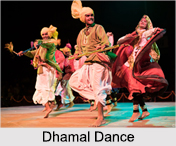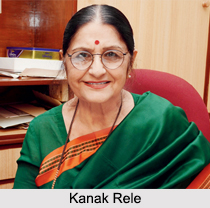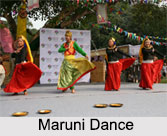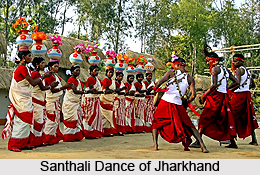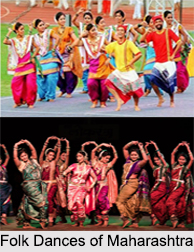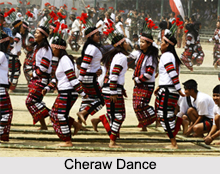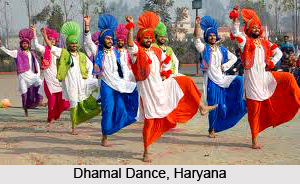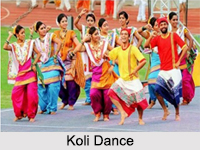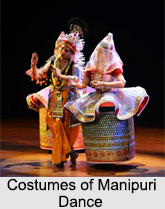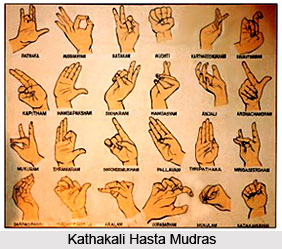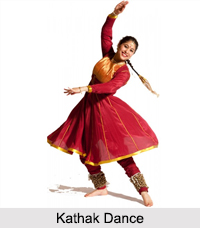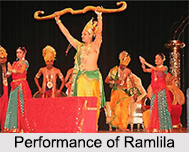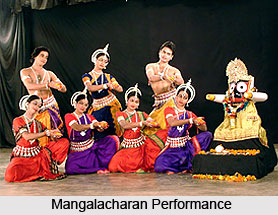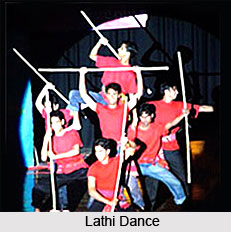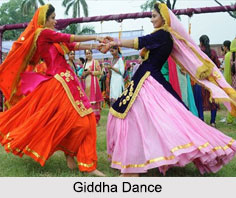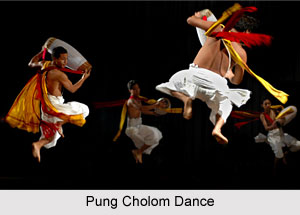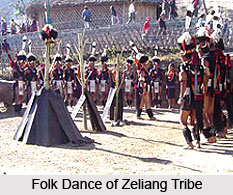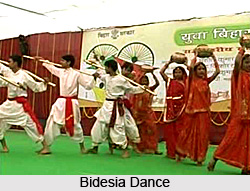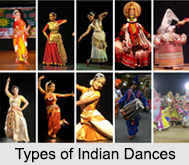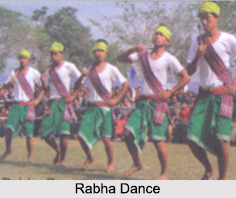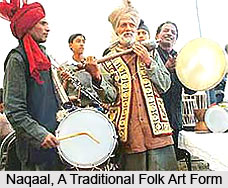 Naqaal of Uttar Pradesh is the art of imitation, where the artists try to imitate life in a manner that provokes violent laughter among the audience. Naqaal artists exhibit their art through crisp conversational dialogues, which plays the role of instruction, apart from entertaining its viewers. The word "Naqaal" has Arabic origin in its theme and the content of the plays are considerably influenced by stories from the Middle East. Generally, a Naqaal group comprises several dancers, singers, clowns and musicians, who travel in a group from place to place for performing this art. The one who is responsible for group is the leader, or "Ustad". Much semi-historical kind of tales like `Dulla Bhatti`, `Sohni Mahiwal`, `Kima Malki`, `Hodi` and `Koklan` form the popular range of the Naqaals that were performed in the past. The `Mirasi`, `Naqaal` and `Bhand` community people perform this art, equipped with specialized skills.
Naqaal of Uttar Pradesh is the art of imitation, where the artists try to imitate life in a manner that provokes violent laughter among the audience. Naqaal artists exhibit their art through crisp conversational dialogues, which plays the role of instruction, apart from entertaining its viewers. The word "Naqaal" has Arabic origin in its theme and the content of the plays are considerably influenced by stories from the Middle East. Generally, a Naqaal group comprises several dancers, singers, clowns and musicians, who travel in a group from place to place for performing this art. The one who is responsible for group is the leader, or "Ustad". Much semi-historical kind of tales like `Dulla Bhatti`, `Sohni Mahiwal`, `Kima Malki`, `Hodi` and `Koklan` form the popular range of the Naqaals that were performed in the past. The `Mirasi`, `Naqaal` and `Bhand` community people perform this art, equipped with specialized skills.
The Bhands are quick-witted and have well adjustable skills developed in them, since their profession is passed on from generation to generation. They are born experts in entertaining others with jokes suited best to that occasion. At the time of performance, Bhands present their roles, which are complex, difficult and more absurd in nature. On many occasions, Bhands entertain people on their weddings, births and other festive occasion. But it is also true that sometimes there is a streak of obscenity and vulgarity in their presentation.
Naqaal artists are hereditary gaining this profession. Though they originally belonged to the tribe of Bhands, they later became a part of the Mirasi tribe. From the Mirasis, they learnt to sing and dance & other necessary skills. The subject matter of these plays is also changing and they include popular `Kisse` and `Waran` (epic, romantic and heroic poems). They also began to entertain royal people. Even the merchants and rich landlords loved it and preferred it for entertainment. However, nowadays, most of the patronage has disappeared and the Naqaal artists have become agricultural labourers & only perform this art form only occasionally.
